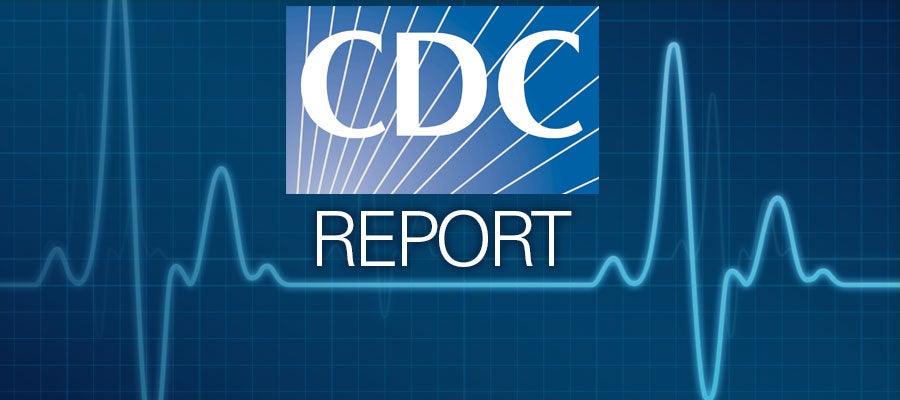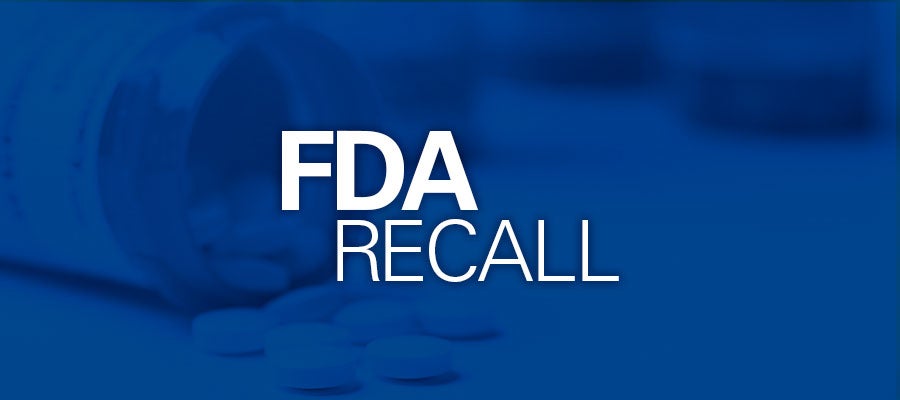Tony Slonim, M.D., president and CEO of Renown Health and a member of AHA’s Hospitals Against Violence member advisory group, explains how hospitals and health systems are working to build safer workplaces and health care settings as elevated tensions lead to increased reports of altercations in hospitals, in part due to the ongoing COVID-19 pandemic








